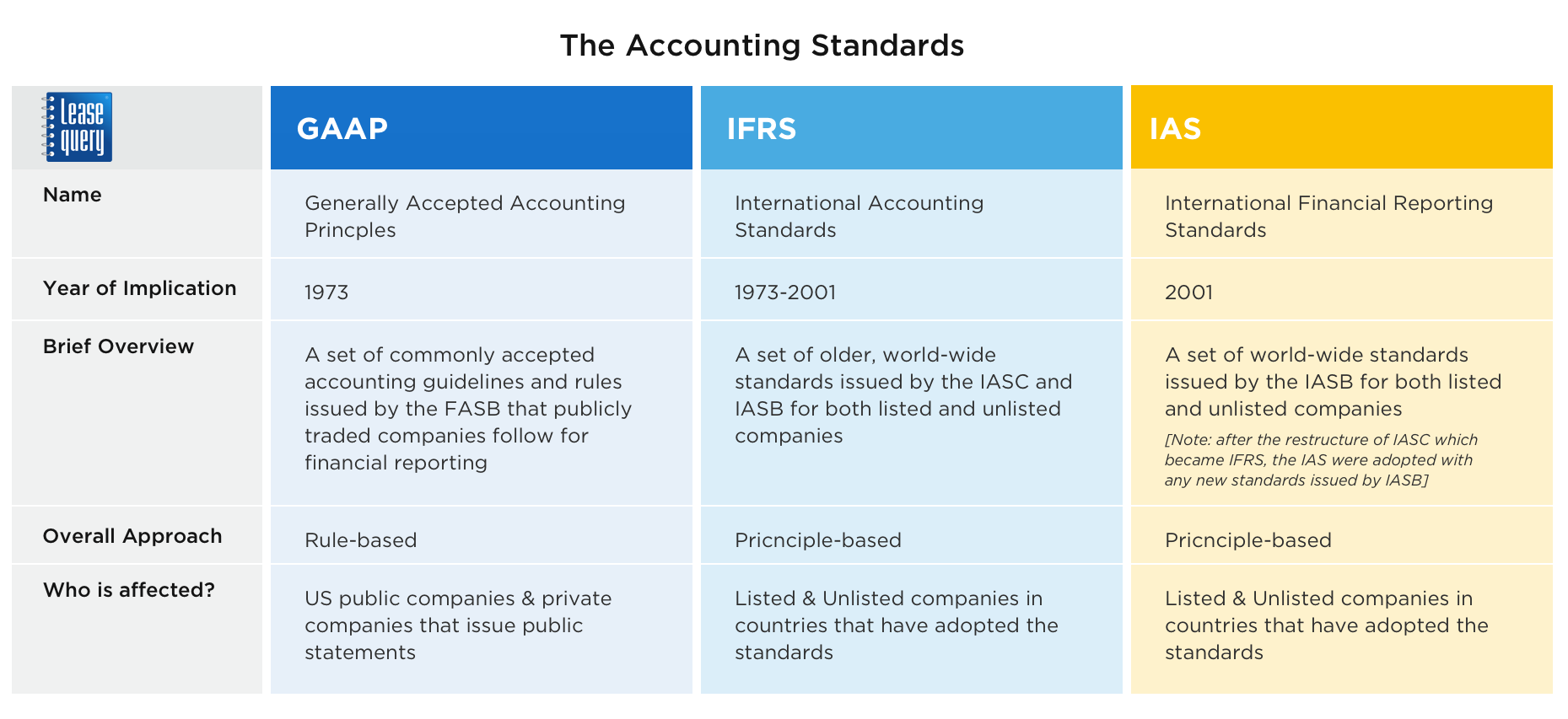

Some allowable costs may be included in a period other than the period Of specific accounting requirements demanded by regulators, however, Generate revenues which will approximate these allowable costs. Regulatory agencies set rates so that the regulated business may These costsĪre known as "allowable costs" and may include operation, maintenance,ĭepreciation and amortization expenses, taxes, and an allowance for the Regulation of an enterprise's prices, or the ratesĬharged to customers, is based on the enterprise's costs. Many regulators have instituted a Uniform System ofĪccounts (USOA) to ensure uniformity in accounting and financial dataĪnd also require specific accounting or financial reporting practices toĮnsure that regulated enterprises provide the data necessary for proper

Is the establishment of the rates that a regulated company may charge One of the primary functions of a regulatory agency, such as the FCC, While off-book and JD entries identify the differencesīetween regulated accounting requirements and GAAP, SFAS 71, Accountingįor the Effects of Certain Types of Regulation, provides for properįinancial reporting where such differences exist. These JDs are included in operating results forĮxternal reporting but are segregated as non-operating for FCC reporting Requirements mandated by the state commissions, such as state-specificĭepreciation rates. Jurisdictional differences (JDs) are the result of accounting

To regulatory bodies and reports issued to external users. "off-book adjustments" and "jurisdictional differences." Off-bookĪdjustments, which generally reflect the effects of timing differencesįor recognition of expenses, account for the differences between reports In the telephone industry, theĭifferences between these statements result from transactions known as Separate accounting procedures and the maintenance of separateĪccounting records to satisfy both regulatory and financial reportingĪs shown in Exhibit 1, different income statement formats, as well asĪmounts, may be reported to the regulatory agencies because of the Inconsistency for data requirements necessitates the application of Requires data which comply with GAAP for the protection of investors,Ĭreditors and other users of general purpose financial statements. FederalĪnd state regulators require data useful for interstate and intrastate TheĪccounting requirements of these agencies are not consistent. Regulatory entities-the Federal Communications Commission (FCC), theĪppropriate state Public Service Commission (PSCs), and the SEC. In the telecommunications industry, for example,Īn operating telephone company must report financial data to three The FASB currently prescribes authoritative accounting guidelines forĪll enterprises, but regulated companies must also comply with theįinancial reporting requirements mandated by federal, state and local Nevertheless, certain circumstances make the specialized practicesĭesirable, with the advantages of the variations from GAAP outweighing Limiting the comparability and usefulness of the statements. Vary from GAAP, adding to the confusion of financial statement users and Result, we see the development of specialized industry practices which Industries and business entities, certain principles and practices whichĪpply to businesses in general are inadequate or inappropriate. However, due to the peculiar nature of some GAAP represent accounthing theory and practice that apply toĮnterprises in general.

Under SFAS 101, if a company or its subsidiary fail to meet the requirements for application of SFAS 71, then the application shall be discontinued Financial statements must eliminate the created assets or liabilities that would not have been recorded on the books of non-regulated companies in conformance with GAAP. However, deregulation has meant that regulated companies no longer meet the criteria of SFAS 71, and SFAS 101 has been issued to address the inadequacies of SFAS 71. Statement of Financial Accounting Standard 71, which applies to the financial statements of regulated businesses, differs from GAAP in many areas. (generally accepted accounting principles) (Accounting) by Powers, Ollie S.Ībstract- Accounting principles for regulated industries often deviate from Generally Accepted Accounting Principles (GAAP) because GAAP are often inappropriate when applied to specialized industry practices and the financial reporting requirements of regulatory agencies. Dec 1989 Regulatory accounting and GAAP: the move towards reconciliation.


 0 kommentar(er)
0 kommentar(er)
